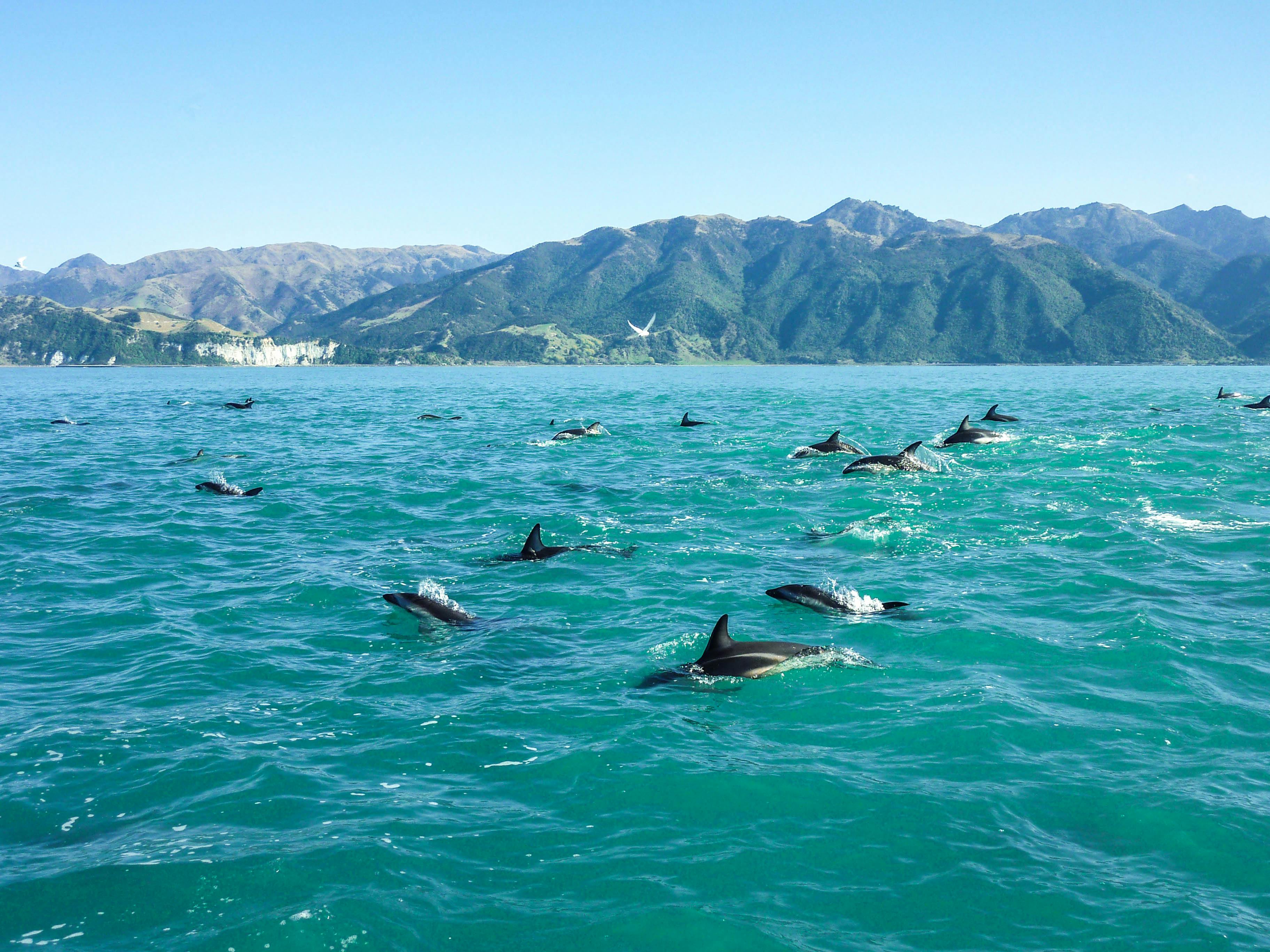Imagine diving into the crystal-clear waters offshore of Miami, only to find yourself surrounded by a scene of devastation. A moonscape. The water, once teeming with life, is clouded with sediment, and vibrant coral reefs are now buried beneath a layer of sand. This is the grim reality made manifest by the PortMiami dredging project that occurred from 2013 to 2015. The project resulted in catastrophic damage to adjacent coral reefs, triggering legal action by Miami Waterkeeper and co-plaintiffs. Despite the dredging company’s initial attempts to downplay the environmental impact, subsequent scientific research uncovered extensive coral mortality, and the National Oceanic and Atmospheric Administration has now released a report that supports our finding that millions of corals were likely killed and at least 278 acres of the Florida Reef Tract were severely impacted.
Add your name to the open letter urging New Zealand Prime Minister Christopher Luxon to reverse the rash, last-minute decision to allow harmful commercial fishing in high protection areas in the treasured Hauraki Gulf.
The Hauraki Gulf / Tīkapa Moana is on the brink of ecological collapse.
Overfishing, habitat loss, pollution, and the effects of poorly planned urban development have led to a 57% decline in key fish stocks, a 67% decline in seabirds, and a 97% decline in whales and dolphins in the Gulf. Scallop and crayfish populations are functionally extinct in some areas.
The creation of new marine protected areas (MPAs) in the Hauraki Gulf is critical to protecting and restoring its environment, while also supporting the communities and industries that depend on the Gulf for their livelihoods.
The Hauraki Gulf Marine Protection Bill seeks to extend 2 marine reserves and establish 5 new seafloor protection areas and 12 high protection areas in the Hauraki Gulf, acknowledging customary rights within seafloor protection areas and high protection areas.
The Bill is the result of years of collaborative work between tangata whenua, environmental groups, commercial and recreational fishers and others involved in the SeaChange process that began in 2013.
In June, the Environment Select Committee unanimously agreed to advance the Bill, with no substantive changes to the high protection areas.
Now, the future of Hauraki Gulf is at risk because the Government has made the decision to amend the Bill to allow a type of fishing known as ring-netting to take place in the new high protection areas — zones explicitly designed to exclude both commercial and recreational fishing and provide a safe haven for marine life to recover.
Allowing commercial fishing to occur in these high protection areas completely undermines the purpose of the Bill — to restore the health and mauri of the Gulf — ultimately depriving future generations of the ability to enjoy this treasured place.
Sign our open letter calling on Prime Minister Christopher Luxon to reverse this rash, last-minute change to the Hauraki Gulf Marine Protection Bill.








